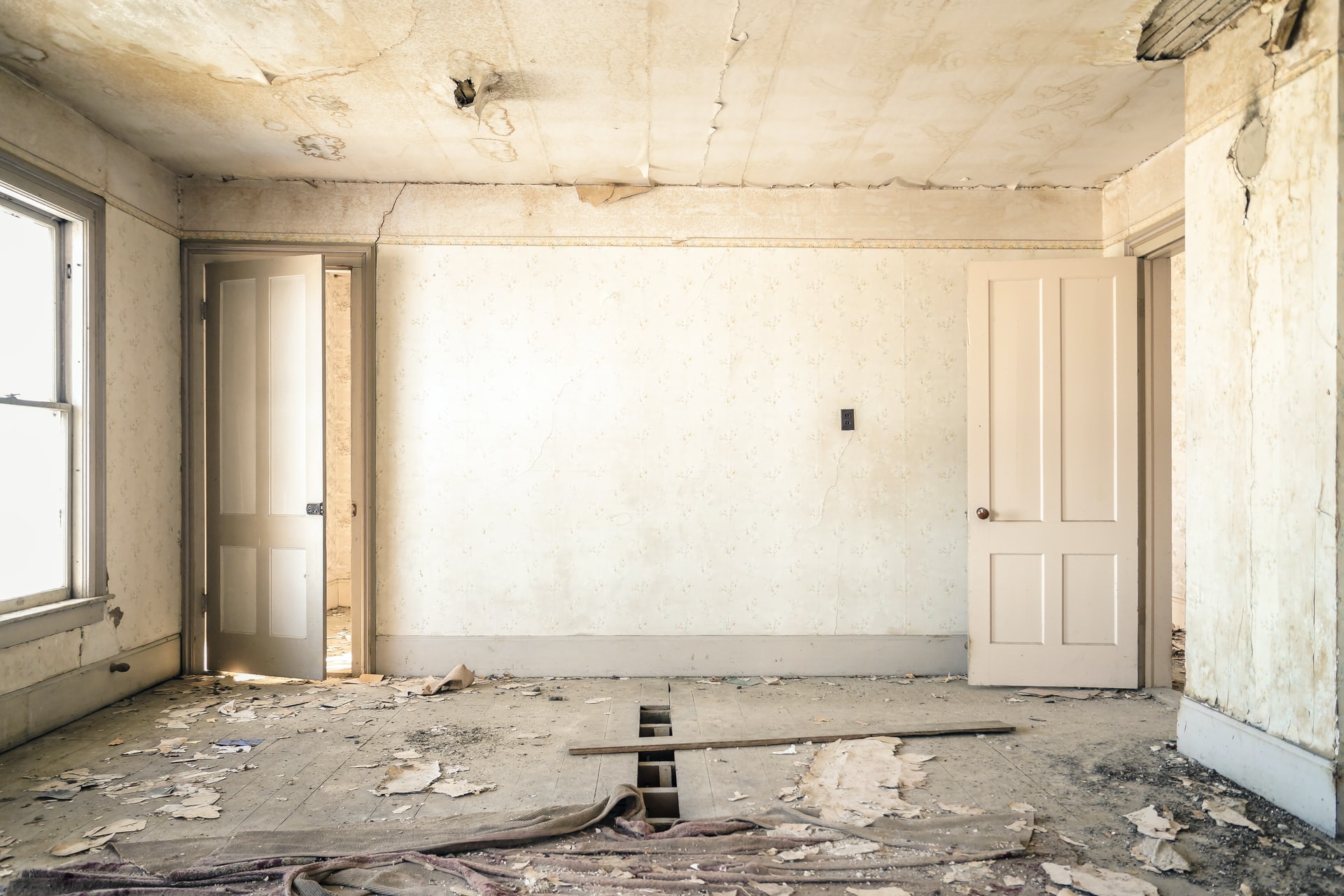Pandemic-related construction delays have some concerned that payment disputes could soon be on the rise in Ontario. From labour and material shortages to increased costs for supplies, there are several ongoing complications, that could spell trouble for Ontario’s construction industry.
With people spending more time at home since early 2020 and therefore spending less money on travel, the demand for home renovations has increased. However, border closures and tightened travel and shipping restrictions have led to construction delays. An increase in these issues could signal a storm of delay-related disputes. Below, we’ll look at some of the primary issues impacting construction, as well as the rules around prompt payment and dispute resolution in Ontario.
Mandatory Vaccines and Labour Shortages Threaten Ottawa Construction Projects
The City of Ottawa has mandated that all workers and contractors on city construction projects be fully vaccinated by November 1, 2021, with exceptions in limited medical circumstances. The policy was announced on September 7, leaving affected unvaccinated workers only one week to get their first dose in order to meet the deadline (including the waiting period between doses).
The National Capital Heavy Construction Association, which represents the heavy construction industry in the National Capital Region, has raised concerns with the rollout of this mandate and how it will impact workers. Specifically, the Association has questioned how workers’ health information will be collected and stored, how the policy will be enforced, and the extent of its application. For example, does this policy apply as far down the chain as drivers delivering supplies to construction sites? If a significant number of workers decline to follow the mandate, it could result in a shortage that will cause ongoing delays.
According to ConstructConnect, job vacancies in Canada’s construction industry grew from just under 40,000 at the end of 2020 to a record high of 46,370 in the first quarter of this year. This number could continue to climb as mandatory vaccine policies are enforced and challenged throughout the country.
In addition, global supply chain issues are also causing construction delays, for both large and small projects. Material shipments from overseas have slowed considerably, due to restrictions on transportation and manufacturing. This has resulted in problems for contractors when bidding on projects, as itis increasingly difficult to predict the timing and final cost of work.
Prompt Payment Rules and Construction Contract Dispute Resolution Through Ontario Dispute Adjudication for Construction Contracts (ODACC)
Construction often involves multiple parties, including a contractor and several subcontractors, each contributing work and materials to a project. When payment is delayed for one party, it can cause delays for all and may create a number of disputes. To avoid this, Ontario introduced prompt payment guidelines in 2019 which dictate the timing of payment under a construction contract.
The clock begins to run when a contractor has submitted an invoice for their work. Once submitted, the owner of the project has 28 days to make payment to the contractor, who then has seven days to pay their subcontractors.
Owners may deliver a Notice of Non-Payment in certain circumstances, which serves to suspend these deadlines. The owner, however, must provide detailed reasons for non-payment and pay all other amounts not related to the Notice within the prescribed timelines. If an owner does not comply with the prompt payment guidelines, contractors are free to begin the adjudication process to resolve the matter.
The Ontario Dispute Adjudication for Construction Contracts Process
Since 2019, disputes relating to construction contracts are conducted through the Ontario Dispute Adjudication for Construction Contracts process (ODACC). This adjudication process was introduced to quickly resolve construction disputes and ensure parties are paid in an efficient manner. The parties must follow strict time limitations in the dispute resolution process, after which a binding decision is rendered. This decision is as enforceable as a court order.
Adjudications are initiated by a claimant serving a Notice of Adjudication to the relevant responding parties, as well as to the Ontario Dispute Adjudication for Construction Contracts office. The responding parties then file a response to the Notice, and the parties begin the process of selecting their adjudicator. All ODACC adjudicators have experience in the construction industry. If the parties cannot agree on an adjudicator, they can ask ODACC to appoint one instead.
Adjudications are often held remotely, with each party submitting supporting documents for review. Some processes may take place in person and may require the parties and adjudicator to meet on the worksite to assess the circumstances. From the date the claimant submits their documents, the adjudicator has 30 days to make a binding determination. Once a decision is rendered, the responding parties have 10 days to make payment in accordance with the decision before the contractor is permitted to suspend performance of work under the contract.
Contact the Construction Lawyers at Tierney Stauffer LLP in Ottawa & Arnprior for Advice and Representation for Construction Law Matters
No matter your role in a construction project, the lawyers at Tierney Stauffer LLP will use their extensive experience to provide you with practical and effective advice in any construction law matter. We represent clients at all levels of the construction pyramid on both transactional and in dispute resolution or litigation, if necessary. Call us at 1-888-799-8057 or contact us online to set up a consultation with an experienced construction lawyer.
